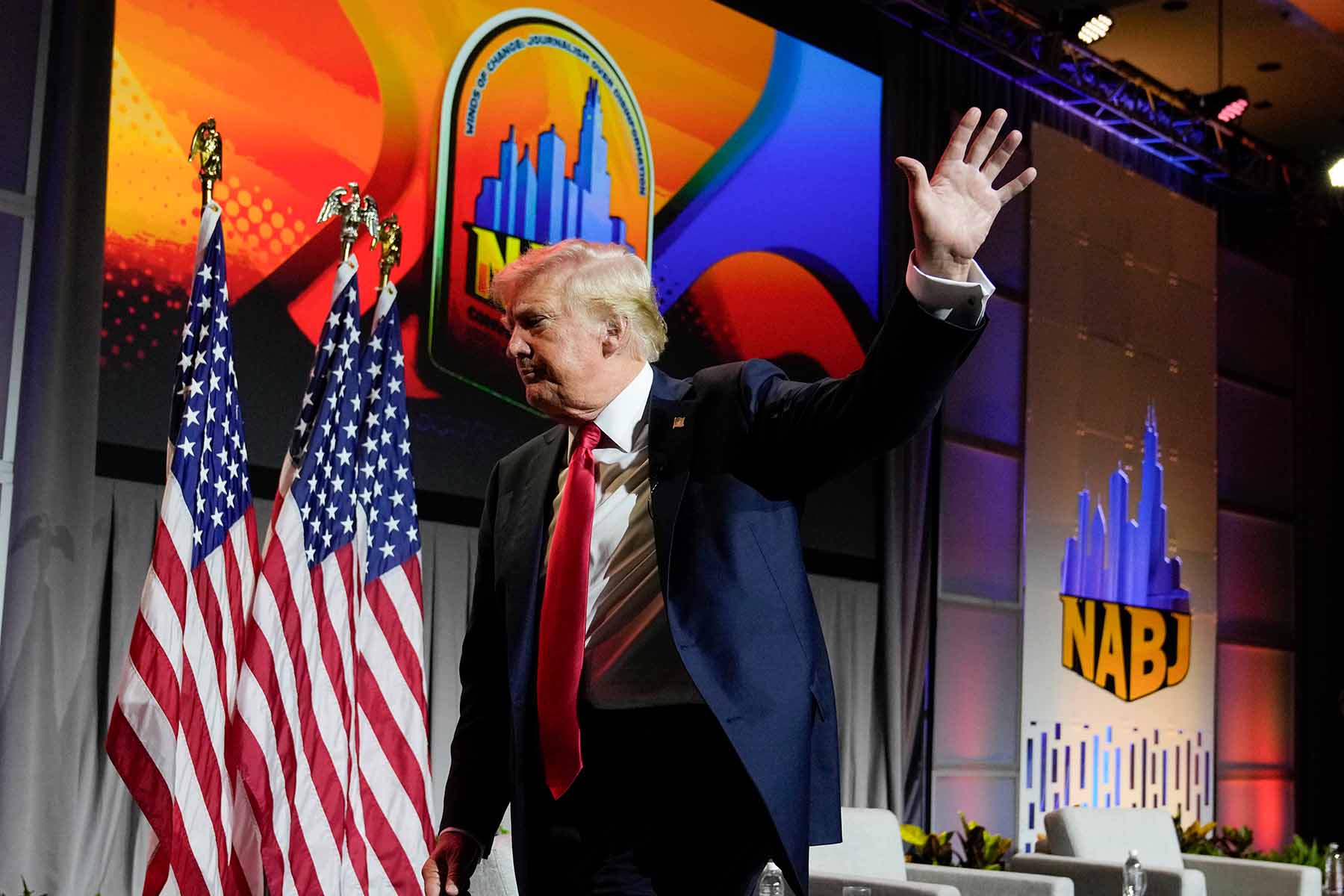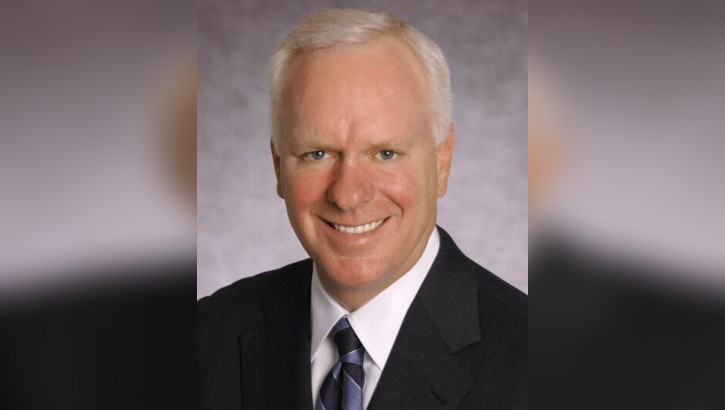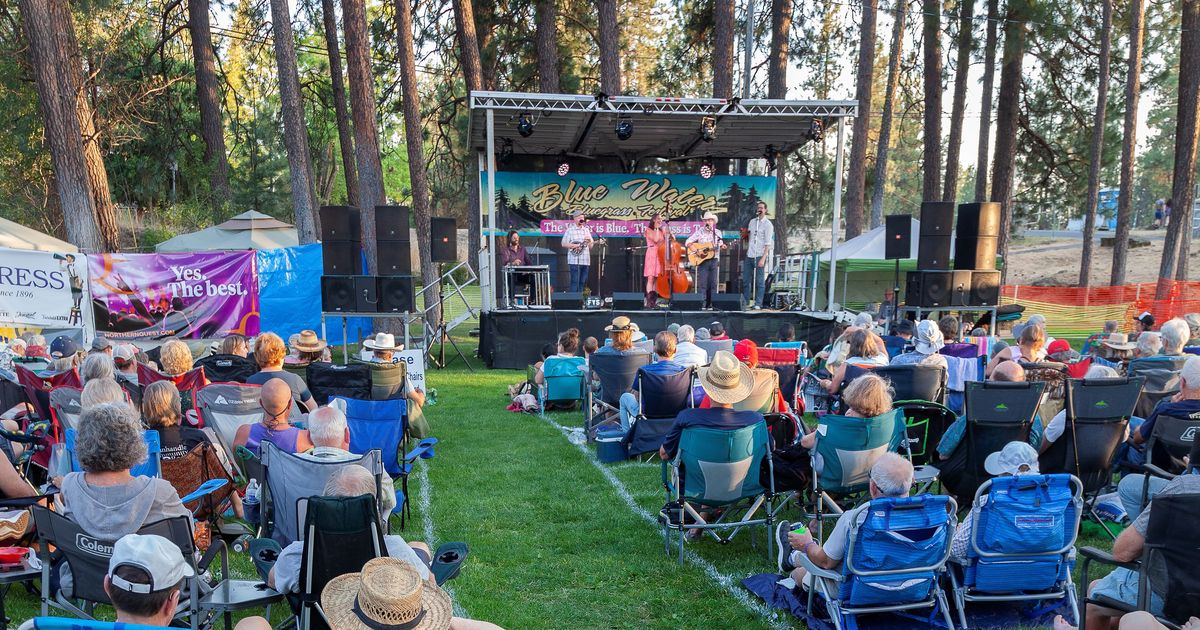TThe shocking announcement came at the last minute. Just two days before the U.S. National Association of Black Journalists’ convention – the annual multi-day conference that brings together thousands of Black journalists and other media workers for panels, workshops, awards ceremonies and a job fair – organizers sent an email to NABJ members announcing that former President Donald Trump would participate in a moderated conversation with journalists. They said Trump’s appearance was part of a long tradition of inviting former presidents and candidates to speak at the convention, including George W. Bush, Barack Obama and Bill Clinton. They added that they had extended a similar invitation to Vice President Kamala Harris, who, it later turned out, could not attend in person but would deliver a virtual address at a later date.
I was heading to the convention with a delegation of fellows from the Mary Ann Shadd Cary Fellowship for Black Journalists and had no initial interest in going to Trump’s event. I had arranged interviews with potential employers – some of the best news organizations and journalism schools in North America – during his scheduled appearance and that seemed like a better use of my time than visiting an openly racist, sexist, xenophobic and autocratic former president. After all, the NABJ convention was an opportunity to renew, connect and empower journalists.
I attended for the first time last year, at the suggestion of Deborah Barfield Berry, then a Nieman Fellow at Harvard University, whom I had interviewed for my research on objectivity, race, and journalism. (The research and subsequent Nieman fellowship followed an award-winning 2020 article on the subject in this magazine.) “If you want to talk to generations of Black journalists about objectivity, come to the NABJ convention,” I remember her saying. What I found was much more than just potential research subjects. As an independent journalist who admittedly had one foot in our competitive industry and the other outside, I felt like I was back in journalism. This year, I looked forward to another opportunity to renew my commitment to the industry in a convivial and fun way.
The morning of Trump’s appearance, I changed my mind. I remembered that journalism is fundamentally about accurately and fearlessly witnessing and documenting the first draft of history. And here I had the chance to see the disgraced former president and current Republican nominee with my own eyes, to hear him with my own ears, unfettered by format, timing and editorial, having read and sometimes reported breaking news about him during my years as a daily radio producer.
I also remembered one of the basic principles of objectivity – not as a personal quality, but as a discipline of scrutiny, a method of fighting one’s own biases by acknowledging them and challenging them in one’s reporting. It was precisely Because I didn’t want to see Trump, even though I thought it was important to be there. I admit, I was curious, too: The organizers said they wanted the opportunity to speak with Trump about pressing issues facing the black community. For example, would they ask about reparations, police violence, redlining and the black homeownership crisis, wealth inequality, or black maternal health? Would they ask Trump about the U.S.’s ongoing political and military support for Israel’s war on Gaza, which has killed over 40,000 Palestinians, including more than 100 journalists?
And so, two days later, I found myself standing in line for two hours at a downtown Chicago hotel with hundreds of other journalists, being searched and inspected by security guards with metal detectors, and walking past people who looked like Secret Service agents. The instructions were strict: No water bottles were allowed, and it was forbidden to use the bathroom once you were let in. Trump’s speech was scheduled for noon on Wednesday, July 31, but it took over an hour for the session to finally begin.
The three moderators took the stage. The already weary look on ABC’s Rachel Scott’s face was a window into what was likely a tumultuous time backstage. Her first question to Trump — who walked onto the stage to scattered applause and meager cheers from a small but vocal group of supporters seated to my right — was perhaps the best of the entire conversation. She listed a litany of racist and xenophobic comments he had made — including telling four members of Congress convicted of racism to go back to where they came from, questioning the birthplaces of former President Barack Obama and former South Carolina Gov. Nikki Haley, attacking black journalists and inviting a white supremacist to dinner at his Mar-a-Lago resort. She concluded by asking, “Why should black voters trust you after you’ve used language like that?”
What happened next was widely reported. Trump rebuked her, calling it a “nasty question” and ABC a “fake news channel.” That first argument set the tone for the rest of the session, which lasted just over 35 minutes and saw Trump repeatedly make false claims about an “invasion” of “illegal aliens” into the U.S. from mental institutions and prisons abroad and mispronounce Kamala Harris’ name while expressing confusion about her ethnic identity. “I didn’t know she was black until she happened to turn black a few years ago, and now she wants to be known as black,” he said. “So I don’t know. Is she Indian or is she black?”
Several attempts to disrupt Trump were met with loud shouts of “shhh,” as attendees apparently did not want the event to escalate any further. At one point, according to another member of the Canadian delegation seated in another part of the ballroom, someone called out, “Sir, have you no shame?”, to which those in attendance loudly said “shhh.” Another attendee sat with his back to the stage, a form of silent protest that still resonated. Although the anger in the room was palpable, hardly anyone booed. We all knew that the managers and executives of every major news organization were watching or in attendance, and that open expression of dissent could be frowned upon or even considered grounds for termination.
Ultimately, Trump’s appearance was more of a grim spectacle than a substantive conversation: His constant distractions, digressions and falsehoods overshadowed the discussion. Throughout the rest of the convention, attendees repeatedly questioned the merits of his invitation. At a panel discussion, Nikole Hannah-Jones, the Pulitzer Prize-winning journalist and founder of the 1619 Project and the Center for Journalism and Democracy at Howard University, criticized the false sense of balance that prevails in political reporting. “I don’t think the NABJ… which came out of the tradition of the black press, should give a platform to someone who doesn’t believe in democracy… I’m not saying we don’t cover him,” she added, “but I don’t know if we give him our platform.” She also questioned the tightly curated format that prevented other journalists in the room from asking questions.
She’s right. We were caught up in a false sense of objectivity, watching as a former president who has shown nothing but contempt for our profession – a man who has even endangered journalists by singling them out and trying to delegitimize coverage that criticizes him – trampled on the moderators. A fellow Muslim journalist and I jokingly wondered what we were even doing in the room, given Trump’s history of Islamophobia and the so-called Muslim ban in 2016. Many journalists were nervous about publicly discussing their feelings about Trump’s appearance, not wanting to jeopardize their jobs or their ability to cover him.
When I got home to Toronto, I rewatched a recording of the event on television to take in what I had seen in person. When the camera panned to a close-up of Trump, he was seen directly against a backdrop of three American flags, the red and white stripes almost blending into his white shirt and red tie. And it was perhaps in that moment that it became most clear to me: Trump’s mockery and disdain for the free press and the Black women who represented it on stage that day were merely a reflection of a country that has long punished Black people for demanding equality, freedom, and a democracy that includes them. ABC’s Scott, who was ultimately Trump’s strongest challenger on that stage, is now being bullied for daring to exercise the democratic right to hold power to account: NPR journalist Eric Deegan tweeted that at a membership meeting days after the convention, the NABJ executive director told attendees that Scott had received death threats for her bold questions. Given the ongoing debate over whether inviting Trump to a convention of black journalists was worth it, that alone seems too high a price to pay.
Many of us sensed that Trump’s appearance could only end in unsatisfying, chaotic, senseless danger, but we went through with it anyway, for ourselves. Maya Angelou once wrote, “Believe people when they tell you who they are. They know themselves better than you do.” What was the point of inviting him into a space of safety, community, and care for black journalists? What was the point of letting him appear before an audience that ultimately had no way of holding him accountable? If we believe that journalism is not mere shorthand, but a discipline that should serve to maintain a multiracial democracy, then why was someone who has shown contempt for both racial diversity and democracy given the biggest platform at a convention for black journalists? What did it mean that even at a convention for black journalists, in a room full of black journalists, there was pressure to remain “objective” about a man who openly promoted racism?
In the end, it was the ultimate irony that the NABJ chose to give such a large platform to Trump, a notorious purveyor of falsehoods, at a convention whose motto was “Journalism, not Disinformation.” The convention was an important reminder of the activist roots of the black press, in the spirit of anti-lynching activist and journalist Ida B. Wells. She would have laughed at the idea that we should ignore our own humanity in the name of detachment and objectivity.




